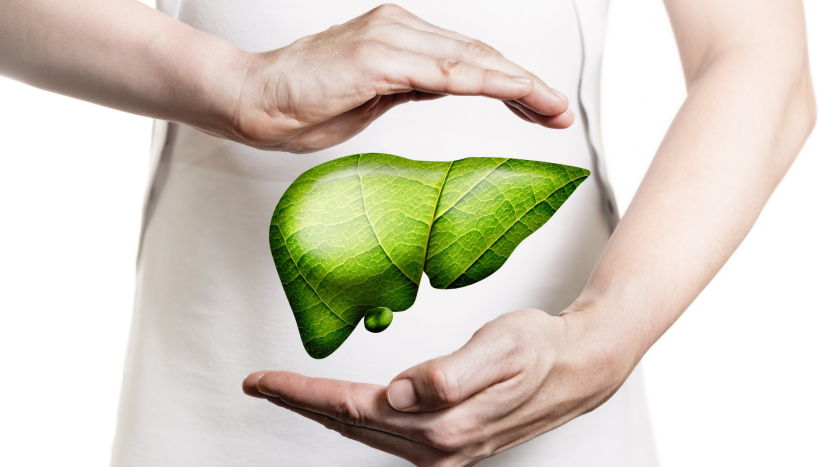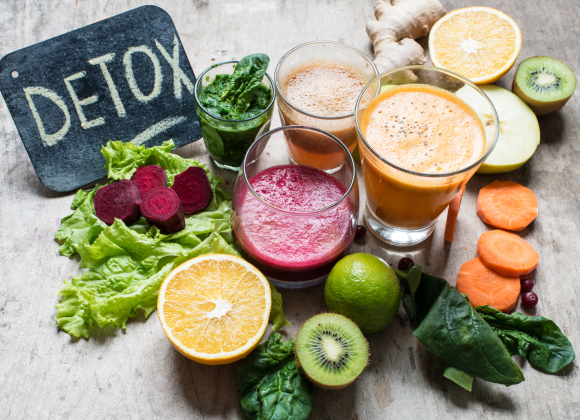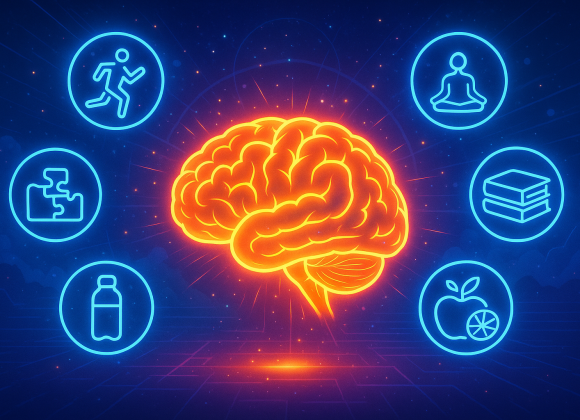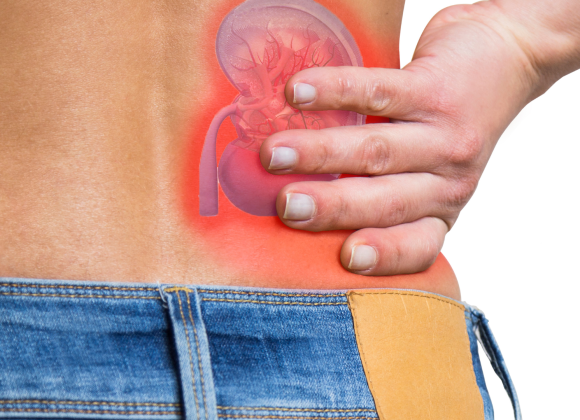Fatty liver disease is a growing health concern, affecting nearly 25–30% of people worldwide. If left unchecked, it can progress to serious conditions like liver inflammation, fibrosis, and even cirrhosis. The good news? Lifestyle changes and natural remedies can help reverse fatty liver in its early stages.
In this blog, we’ll explore 10 science-backed, natural ways to manage fatty liver disease—from dietary tweaks and exercise to powerful herbs like milk thistle and the surprising benefits of coffee. Whether you have NAFLD (non-alcoholic fatty liver disease) or alcohol-related liver fat, these strategies can support liver detox, reduce inflammation, and improve overall liver function.
Let’s dive into the best foods, supplements, and habits that can help you take control of your liver health—naturally!
1. Aloe Vera Gel
Aloe vera, meaning “true, shining bitter substance,” comes from a cactus-like plant in the Lily family, thriving in dry climates. For centuries, it has been valued for its potential healing properties. The plant’s gel and leaf rind latex contain over 75 compounds, including anthraquinones (laxative phenolics), vitamins (A, C, and E), enzymes, minerals, sugars, fatty acids, and hormones like auxins and gibberellins (believed to have anti-inflammatory effects).
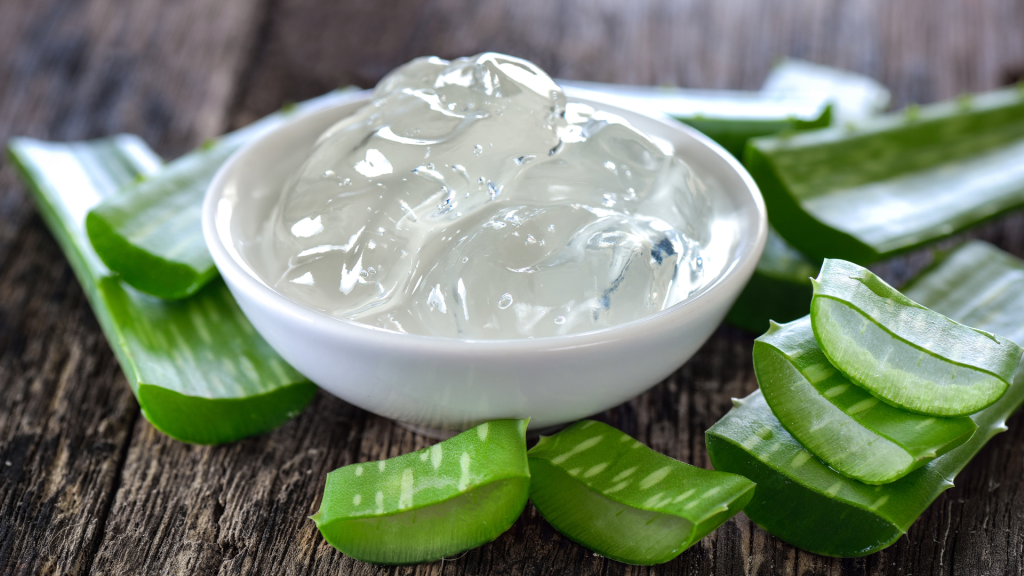
Aloe vera is widely used in cosmetics and wound-healing creams. Its extracts, in small doses, flavor foods, while larger amounts appear in dietary supplements. Though unproven, it is claimed to aid arthritis, asthma, fatigue, indigestion, constipation, skin conditions, and even weight loss. Lab and animal studies suggest possible anti-inflammatory, liver-protective, and cell-growth-inhibiting effects.
Generally safe, aloe vera may cause mild side effects like diarrhea, nausea, or abdominal discomfort. Long-term laxative use can lead to colon discoloration (pseudo-melanosis coli), and rare allergic reactions like skin rashes have been reported.
2. Get Your Vitamins and Minerals
While no vitamins or minerals have been definitively proven to significantly improve fatty liver disease, certain nutrients may still be beneficial. Including these in your diet is generally safe and could support liver health:
Vitamin D: Deficiency has been linked to more severe liver damage. Your body produces vitamin D through sunlight exposure, and dietary sources include fortified dairy products (opt for low-fat versions to limit saturated fat). (🔗)
Potassium: Low levels may be associated with metabolic dysfunction-associated steatotic liver disease (MASLD, formerly called NAFLD). Good sources include fish (cod, salmon, sardines), vegetables (broccoli, peas, sweet potatoes), fruits (bananas, kiwi, apricots), and low-fat dairy (milk, yogurt). (🔗)
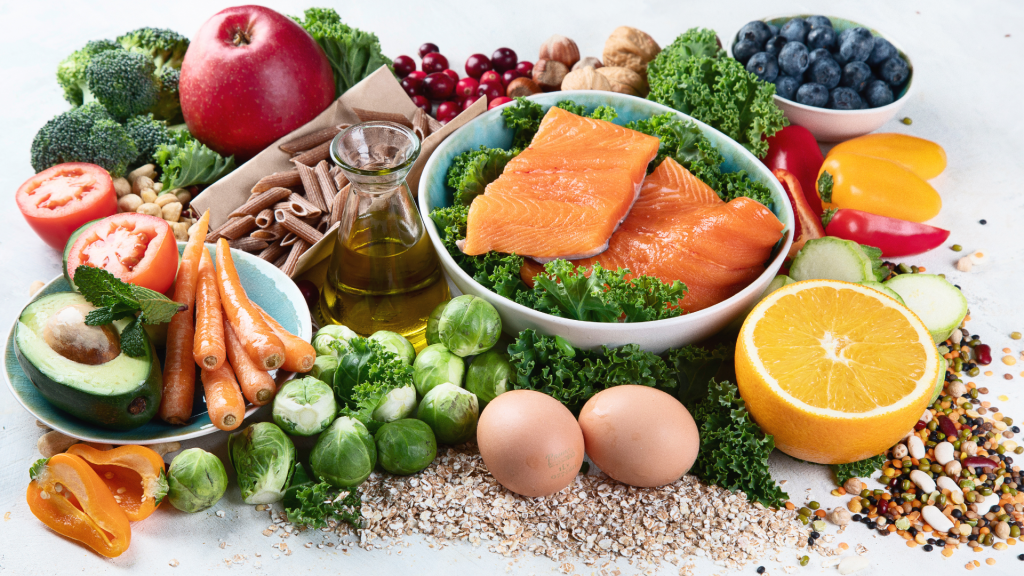
Betaine: Some studies suggest it may help protect the liver from fat buildup, though evidence is inconclusive. Food sources include wheat germ and shrimp.
3. Weight Loss
In some individuals, excess fat accumulates in the liver without causing immediate harm. However, in about 5% of cases (1 in 20 people), this fat triggers chronic inflammation—a condition called non-alcoholic steatohepatitis (NASH). The term steato- refers to fat, while -hepatitis means liver inflammation.
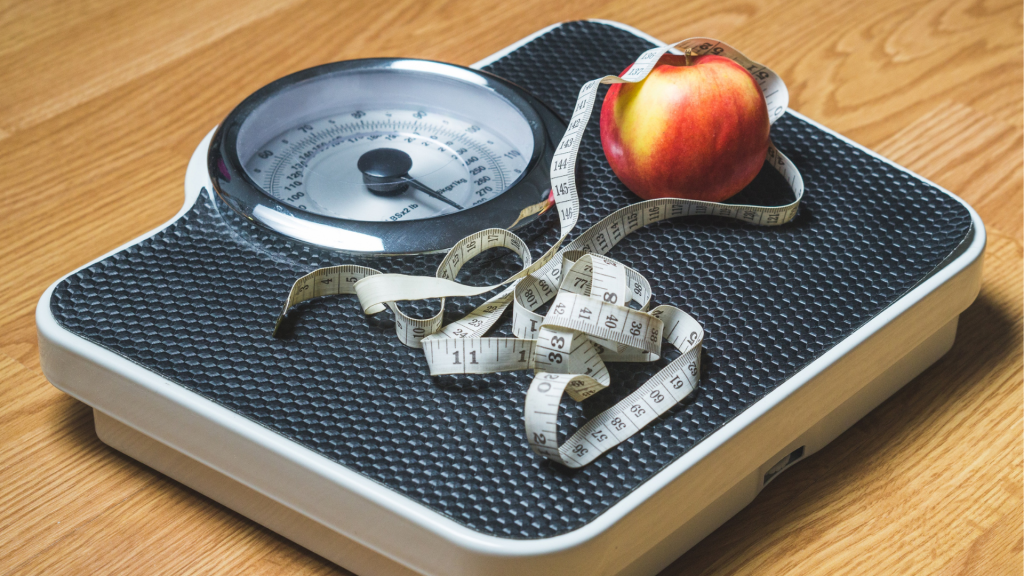
Like other chronic liver diseases—such as viral hepatitis or alcohol-related liver damage—ongoing inflammation from NASH can lead to fibrosis (scarring of the liver). Over time, severe fibrosis progresses to cirrhosis, regardless of the underlying cause. Cirrhosis significantly increases the risk of liver failure and liver cancer, and in advanced cases, a transplant may be necessary.
4. Avoid Alcohol
Fatty liver disease (now termed steatotic liver disease, SLD) is a widespread condition, affecting nearly 30% of the global population. If left untreated, it can progress to serious complications such as liver cirrhosis and liver cancer. The disease develops when excess fat accumulates in the liver, triggering inflammation and damage to liver cells.

Alcohol consumption causes similar harm by promoting fat buildup, inflammation, and liver cell destruction. Additionally, alcohol is a known risk factor for type 2 diabetes. For this reason, complete alcohol abstinence is strongly recommended for all patients with fatty liver disease. However, while some individuals reduce their intake, many remain hesitant to quit entirely—despite the significant risks to their liver health.
5. Drink Coffee
Research suggests that coffee may help protect against metabolic syndrome, which is often linked to MASLD (metabolic dysfunction-associated steatotic liver disease). This benefit could be due to coffee’s anti-inflammatory properties or its ability to reduce fat buildup in the liver. Your liver plays a key role in your overall health. With hundreds of different functions, your liver cleans toxins out of your blood, makes bile to help your body break down food, and metabolizes proteins, carbs, and fats for your body to use. While more studies are needed, both animal and human trials have shown a lower risk of MASLD among regular coffee drinkers.

For example, the antioxidant known as chlorogenic acid (CGA) prevents the buildup of fat in your liver by breaking down glucose.
Coffee may benefit people with liver conditions, including hepatitis C, by reducing inflammation linked to liver damage. While it doesn’t cure the virus or directly prevent liver cancer, evidence suggests it could help protect against complications like cirrhosis.
6. Try Milk Thistle
Milk thistle, a traditional remedy for liver health, may support detoxification by boosting enzymes that help the liver process toxins.
Research suggests that milk thistle—particularly its active compound, silymarin—may help reduce elevated liver enzymes like AST and ALT, which are key indicators of liver damage. Some studies also indicate it could slow liver fibrosis caused by metabolic dysfunction-associated steatohepatitis (MASH).
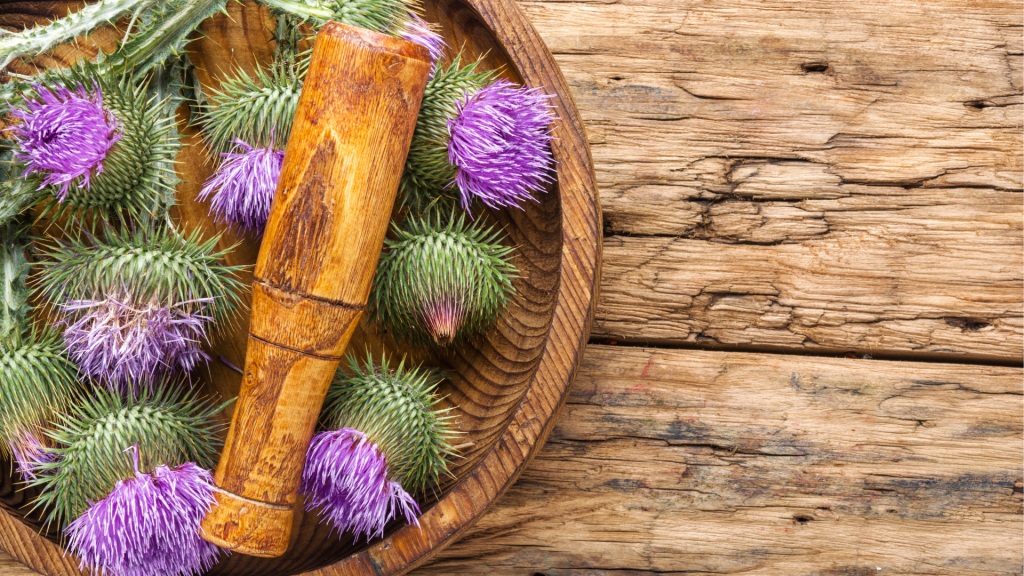
However, while milk thistle is widely used, the FDA has not approved its use for treating liver conditions. Supplements can interact with medications, so always consult your doctor before starting any new herbal remedy.
7. Avoid Added Sugar
According to the AGA’s Clinical Practice Update, individuals with fatty liver disease—especially non-alcoholic fatty liver disease (NAFLD)—should minimize or eliminate added sugars from their diet. Excess sugar intake can worsen insulin resistance, raise blood sugar levels, and promote fat accumulation in the liver.
Common Sources of Hidden Sugars:
- Sweets & desserts (candy, ice cream, pastries)
- Sweetened beverages (sodas, fruit juices, energy drinks)
- Processed foods (packaged snacks, flavored yogurts, condiments)
- Store-bought coffee & tea (often loaded with syrups and sweeteners)
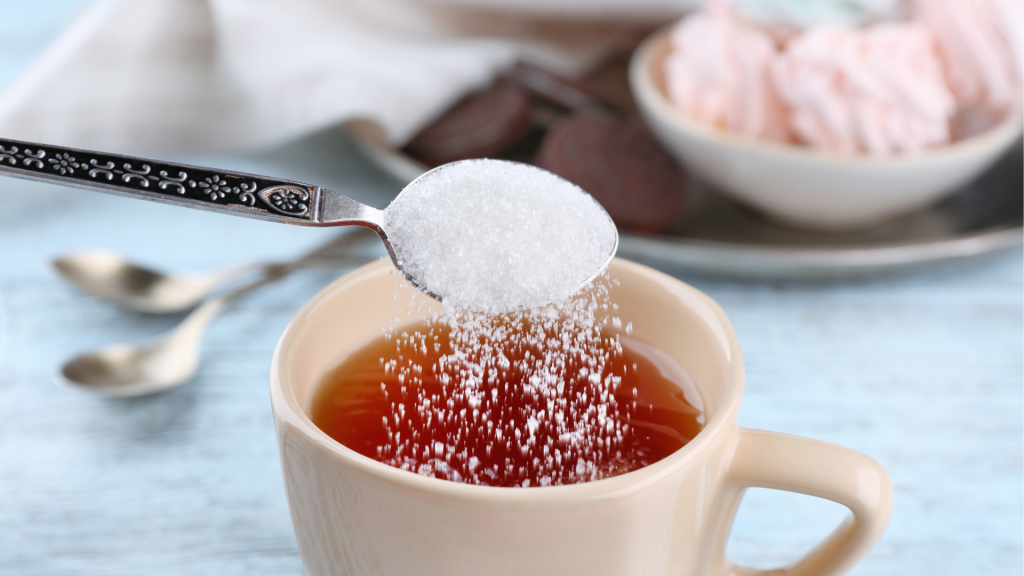
Particularly Harmful Sugars:
- Fructose (found in high-fructose corn syrup, agave nectar)
- Refined sugars (table sugar, corn syrup)
Reducing these sugars can help decrease liver fat and improve metabolic health. Always check nutrition labels, as added sugars often hide under different names like sucrose, maltose, or dextrose.
8. Get Your Antioxidants
Vitamins E and C, both antioxidants, may support liver health.
The American Association for the Study of Liver Diseases recommends 800 IU/day of vitamin E for non-diabetic individuals with biopsy-confirmed MASH (metabolic dysfunction-associated steatohepatitis). However, the long-term safety and effectiveness of vitamin E have not been established for people with diabetes or those without a confirmed MASH diagnosis.
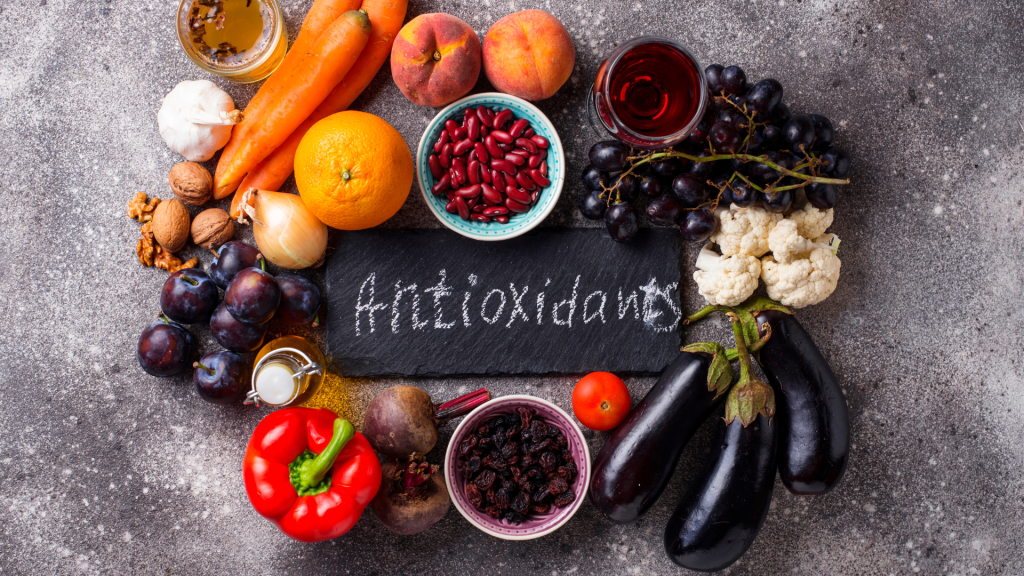
While research on vitamin C’s benefits for liver health is limited, a 2013 Japanese study found that combining vitamins C and E helped reduce liver damage in individuals with MASH.
9. Get Regular Exercise
The American Association for the Study of Liver Diseases (AASLD) states in its 2018 guidelines that moderate exercise supports sustained weight loss, while increased strenuous exercise may offer additional benefits. Importantly, exercise appears to help with MASLD and MASH even in the absence of significant weight loss.

In MASLD research, moderate exercise is typically defined as:
- Five weekly sessions of 30 minutes at target heart rate
- A 10-minute warm-up and 5-minute cool-down at 30–40% of target heart rate
10. Dietary Changes
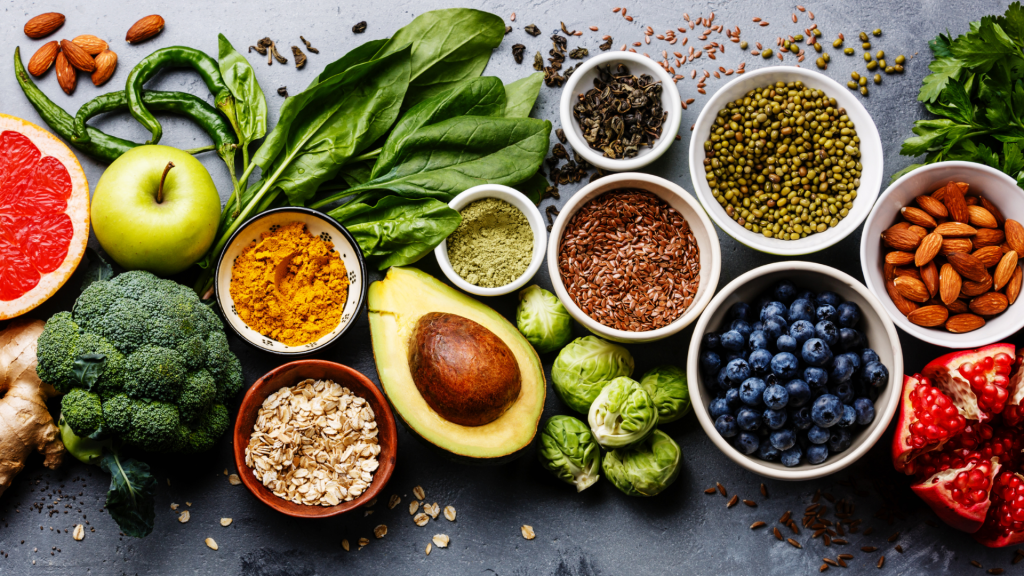
Fruits and Vegetables
Fruits and vegetables have a low glycemic index, meaning they are less likely to cause blood sugar spikes. Including them in your diet can help regulate blood sugar levels and support fatty liver management.
Avoid Sugar
Limiting sugar intake is crucial for managing fatty liver disease. Avoid high-glycemic foods like white rice, white bread, and potatoes, as well as sugary drinks and processed foods containing fructose (found in sodas, sports drinks, and sweetened juices). Even table sugar (sucrose) breaks down into fructose and glucose, which can worsen liver health, so reducing added sugar at home is important.
Increase Fiber Intake
A high-fiber diet offers multiple benefits, including better cholesterol levels, weight management, and stable blood sugar. Good sources of fiber include nuts, seeds, whole grains, oats, barley, lentils, peas, and soy. Maintaining a healthy weight through fiber-rich foods can help manage fatty liver disease and reduce complications.
Conclusion
Fatty liver disease—whether alcohol-related (ARLD) or metabolic (MASLD, formerly NAFLD)—can silently harm your liver for years before symptoms appear. But the good news? Lifestyle changes can make a big difference.
From aloe vera’s potential anti-inflammatory benefits to coffee’s liver-protective effects, nature offers supportive remedies. Meanwhile, cutting sugar, avoiding alcohol, and eating fiber-rich foods help reduce fat buildup and inflammation. Exercise, even without major weight loss, can improve liver function, and key nutrients like vitamin E and potassium may offer extra support.
While no single solution guarantees a cure, combining smart diet choices, regular movement, and proven liver-supportive habits can slow or even reverse early liver damage. Always consult your doctor before trying supplements, especially if you have advanced liver disease.

